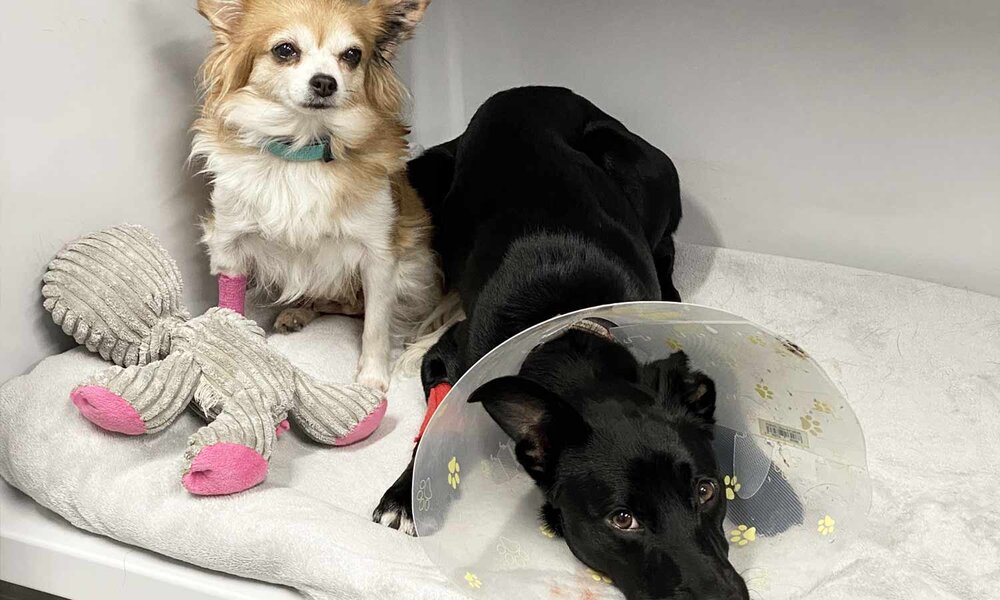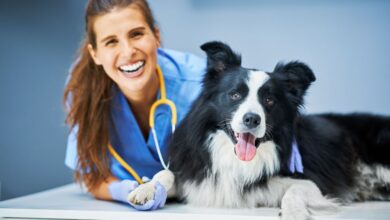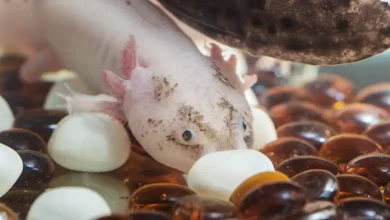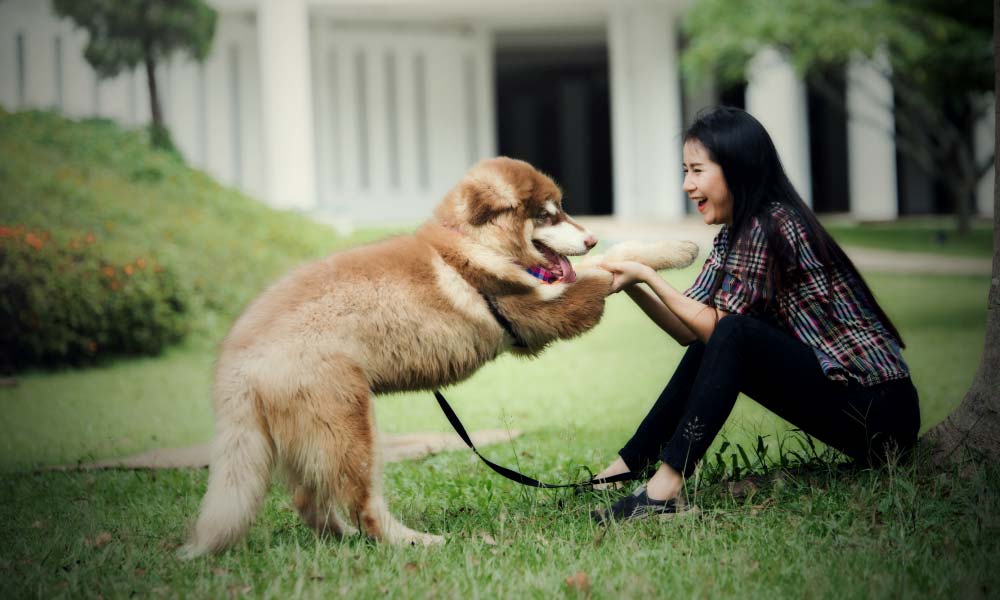Pet Obesity: Causes, Consequences, and Prevention

As pet owners, we love our furry friends unconditionally and want nothing but the best for them. However, sometimes our love translates into overfeeding and lack of exercise, which can lead to pet obesity. According to the Association for Pet Obesity Prevention, an estimated 60% of cats and 56% of dogs in the United States are overweight or obese. This is a serious issue that can have severe consequences on our pets’ health and lifespan.
Causes of Pet Obesity
There are several causes of pet obesity. The most common cause is overfeeding. Many pet owners think that feeding their pets more food or treats is a way to show love, but this can lead to excessive weight gain. Lack of exercise is another contributing factor. Pets that do not get enough physical activity are at risk of becoming overweight. Certain medical conditions such as hypothyroidism, Cushing’s disease, and arthritis can also cause weight gain in pets.
Consequences of Pet Obesity
Obesity can have serious consequences for our pets’ health. It can lead to several medical conditions such as diabetes, heart disease, and joint problems. Obese pets are also at a higher risk of developing cancer. In addition to health problems, pet obesity can also affect our pets’ quality of life. Obese pets may have difficulty moving around, playing, and enjoying life.
Preventive Measures
Preventing pet obesity starts with proper diet and exercise. Feeding our pets a balanced diet in the right portions can help them maintain a healthy weight. Consult with your veterinarian to determine the right amount of freeze dried dog food to feed your pet based on their age, breed, and activity level. Exercise also plays a crucial role in preventing obesity. Regular physical activity can help burn calories and keep our pets fit and healthy.
Another preventive measure is to limit treats and table scraps. Many pet owners give their pets treats and table scraps without realizing the impact it can have on their weight. Choose healthy treats and limit them to a reasonable amount. Also, avoid feeding your pet table scraps as they can be high in calories and unhealthy for pets.
Pet obesity is a serious issue that can have severe consequences on our pets’ health and lifespan. As pet owners, it is our responsibility to prevent obesity by providing proper diet and exercise. Consult with your veterinarian to determine the right diet and exercise plan for your pet. Let’s work together to keep our pets healthy and happy!





